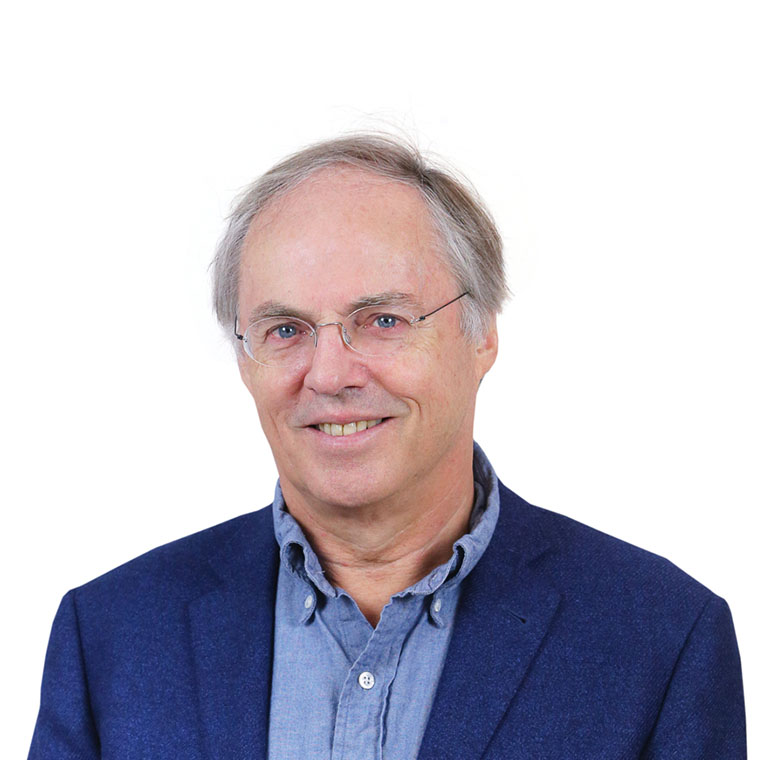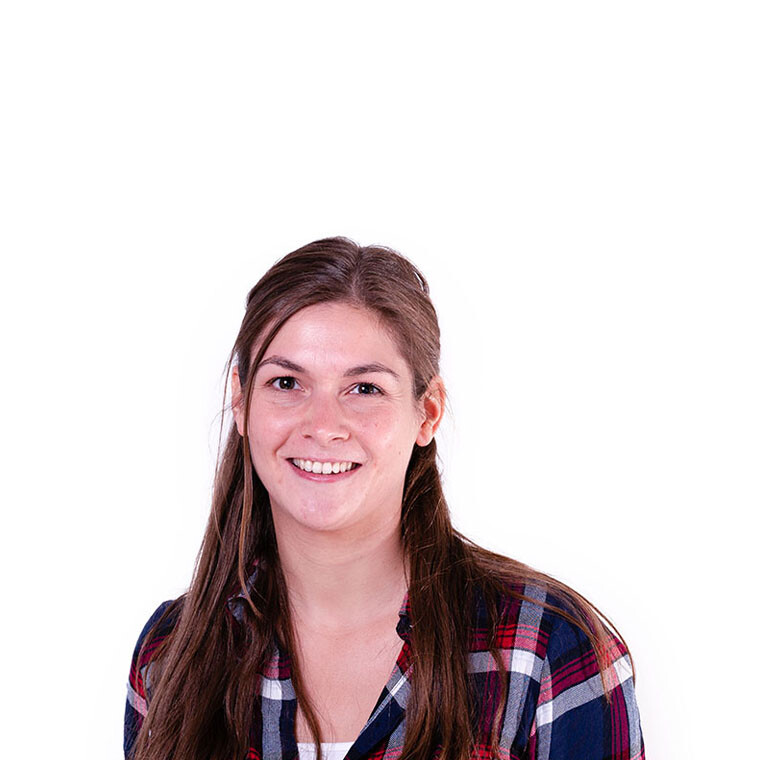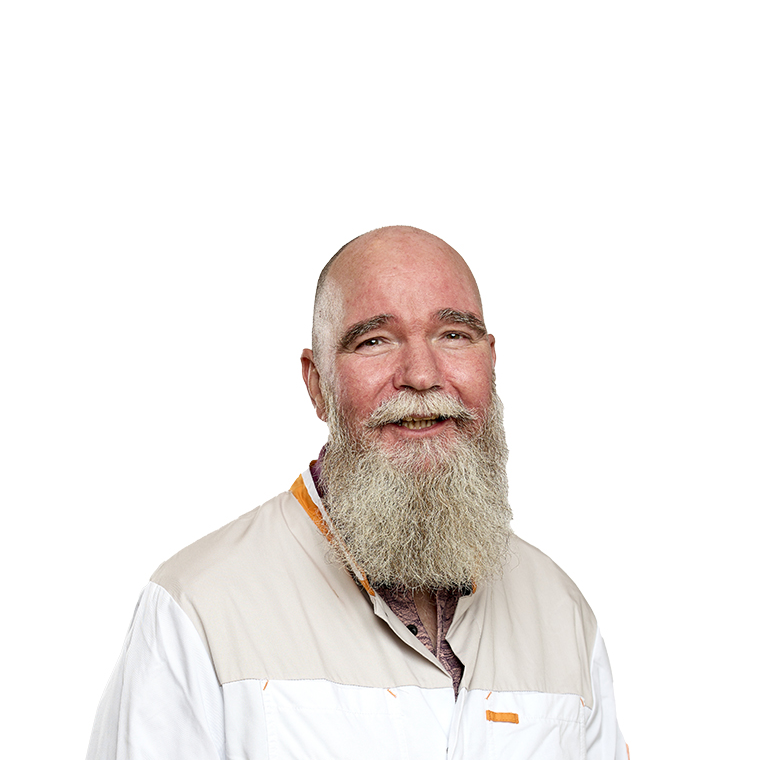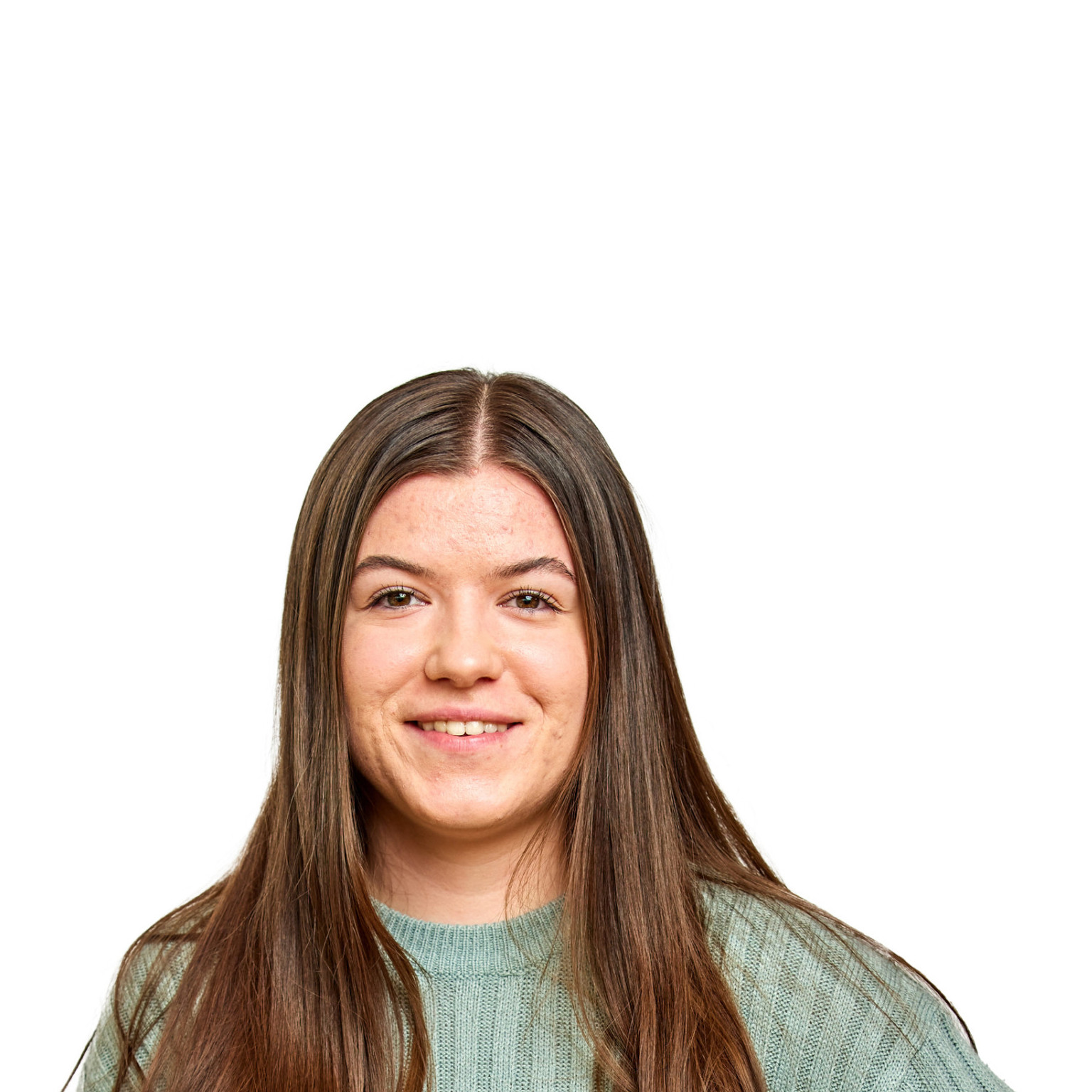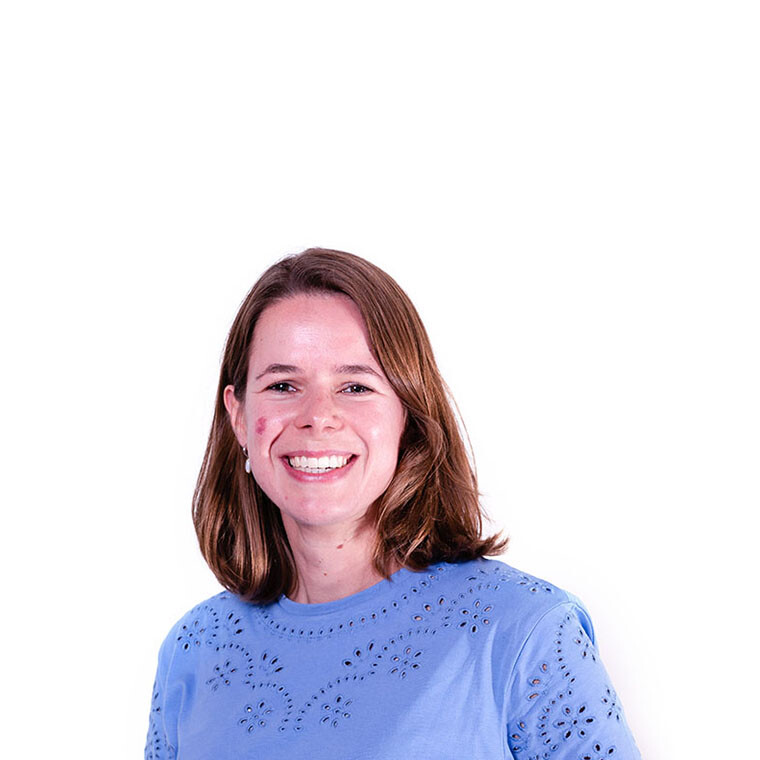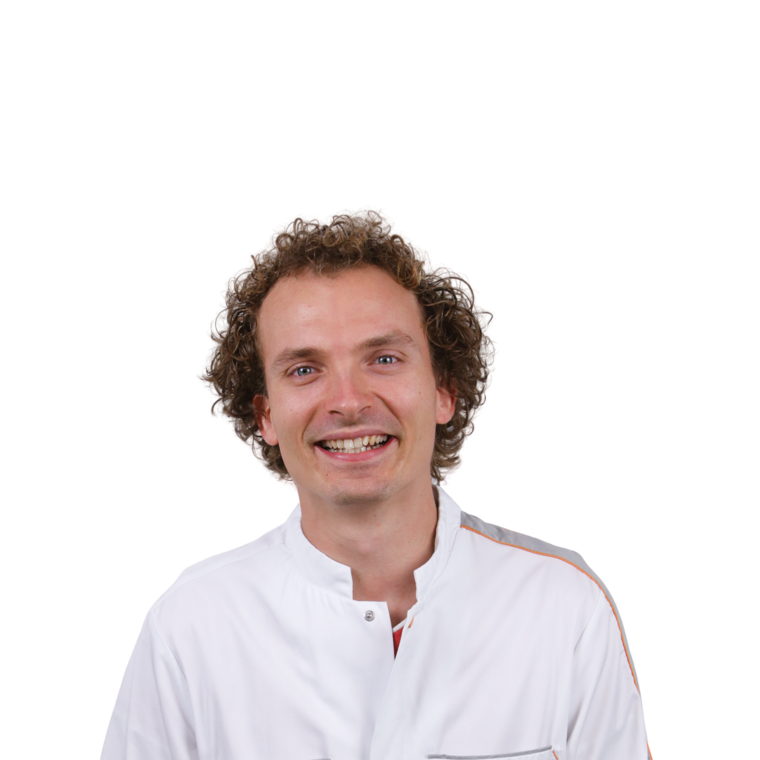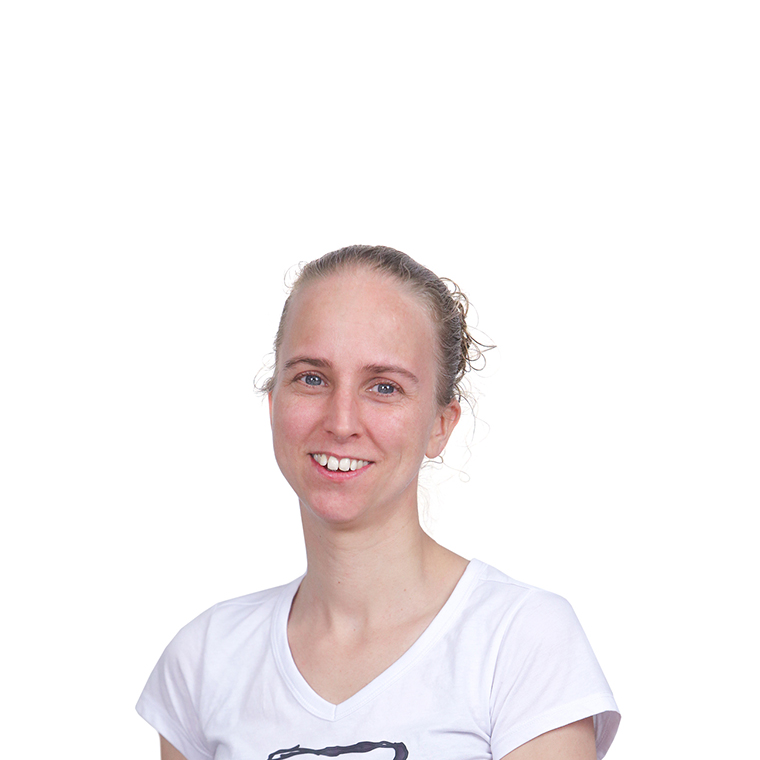Research group leader: Prof. dr. Hans Clevers
Current treatment protocols for pediatric solid and brain cancers consist of chemotherapy, surgery, radiotherapy and in some cases immunotherapy. However, few treatment options exist for refractory or recurrent disease, with almost invariably a fatal outcome as a consequence. Moreover, many survivors experience a dramatic decrease in the quality of life, due to the harsh treatment protocols. Very little innovation has been achieved in the past decade. We consider this a consequence of the lack of relevant experimental in vitro and in vivo models for functional studies of tumor biology.
There is a dire need for novel in vitro culture-based systems to study pediatric cancers. Such systems should preserve the naturally existing cellular hierarchy within the tumor cell population. Tumor-derived organoids fill this gap. Organoids hold promise to revolutionize personalized tumor treatment.
Recent developments in our laboratory have resulted in the development of long-term culture conditions for healthy organ- and tumor-derived cells. This so-called organoid technology allows us to grow large quantities of tumor material from a small biopsy or from resected material. This technology has been optimized for various cancer types in adults, including colon, pancreas, prostate, breast, lung, and ovarian cancers. These different tumor entities all need specific combinations of growth factors and external signals for them to grow. For most pediatric solid and brain cancers, however, the specific signals for successful growth in the lab are still unknown. In the Clevers group at the Princess Máxima Center, we focus on optimizing the growth conditions for pediatric cancer organoids. This allows us to generate living cancer organoid biobanks that will help to study the biology of pediatric tumors and test new drug treatments.
The pediatric cancer types that we grow as organoids in our group include craniopharyngiomas, diffuse midline gliomas, ependymomas, Ewing family sarcomas, liver tumors, medulloblastomas, and small cell carcinomas of the ovary hypercalcemic type. We use these pediatric cancer organoids to study the mechanisms of malignant transformation. In addition, by growing these organoids in large amounts, we are able to test hundreds of different drugs on them. This can generate novel insights into which drugs could be used to improve treatment regiments.
For all tumor-derived organoids that we can grow, we aim to set up living pediatric cancer biobanks. This entails setting up standardized protocols, expanding and characterizing the tumor-derived organoids, and storing them so they can be thawed and grown again whenever necessary. Subsequently, we aim to collaborate with researchers who can also use these tumor-derived organoid lines for their research. Ultimately, we hope that the tumor-derived organoid models that we establish will improve pediatric cancer treatments worldwide.
- Daan de Jong Fonds - A Living Biobank of Ependymoma Organoids
- Stichting Neurofibromatose
Awards - 2019 Keio Medical Science Prize, Tokyo, Japan
- 2019 Keio Medical Science Prize, Tokyo, Japan
- 2019 Citation Laureate, Web of Science Group
- 2021 Pezcoller Foundation-AACR International Award
- 2022 Ammodo Science Award
van de Wetering, M., Francies, H.E., Francis, J.M., Bounova, G., Iorio, F., Pronk, A., van Houdt, W., van Gorp, J., Taylor-Weiner, A., Kester, L., McLaren-Douglas, A., Blokker, J., Jaksani, S., Bartfeld, S., Volckman, R., van Sluis, P., Li, V.S.W., Seepo, S., Sekhar Pedamallu, C., Cibulskis, C., Carter, S.L., McKenna, A., Lawrence, M.S., Lichtenstein, L., Stewart, C., Koster, J., Versteeg, R., van Oudenaarden, A., Saez-Rodriguez, J., Vries, R.G.J., Getz, G., Wessels, L., Stratton, M.R., McDermott, U., Meyerson, M., Garnett, M.J., Clevers, H. Prospective derivation of a 'Living Organoid Biobank' of colorectal cancer patients. (2015) Cell 161: 933-945 PubMed PMID: 25957691
Roerink, S.F., Sasaki, N., Lee-Six, H., Young, M., Alexandrov, L.B., Behjati, S., Mitchell, T.J., Grossmann, S., Lightfoot, H., Egan, D.A., Pronk, A., Smakman, N., van Gorp, J., Anderson, E., Gamble, S.J., Alder, C., van de Wetering, M., Campbell, P.J., Stratton, MR, and Clevers H. Intra-tumour diversification in colorectal cancer at the single-cell level. (2018) Nature 556, 457-462 PubMed PMID: 29643510
Bleijs, M., Pleijte, C., Engels, S., Ringnalda, F., Meyer-Wentrup, F., van de Wetering, M., Clevers, H. EWSR-WT1 Target Genes and Therapeutic Options Identified in a Novel DSRCT In Vitro Model. (2021) Cancers 13: 6072 PubMed PMID: 8657306
Hanemaaijer, E.S., Margaritis, T., Sanders, K., Bos, F.L., Candelli, T., Al-Saati, H., van Noesel, M.M., Meyer-Wentrup, F.A.G., van de Wetering, M., Holstege, F.C.P., Clevers, H. Single-cell atlas of developing murine adrenal gland reveals relation of Schwann cell precursor signature to neuroblastoma phenotype. (2021) PNAS 118: e2022350118 PubMed PMID: 7865168
He, G., Lin, L., DeMartino, J., Zheng, X., Staliarova, N., Dayton, T., Begthel, H., van de Wetering, W.J., Bodewes, E., van Zon, J., Tans, S., Lopez-Iglesias, C., Peters, P.J., Wu, W., Kotlarz, D., Klein, C., Margaritis, T., Holstege, F., Clevers, H. Optimized human intestinal organoid model reveals interleukin-22-dependency of Paneth cell formation. (2022) Cell Stem Cell 29: 1-13 PubMed PMID: 36002022


